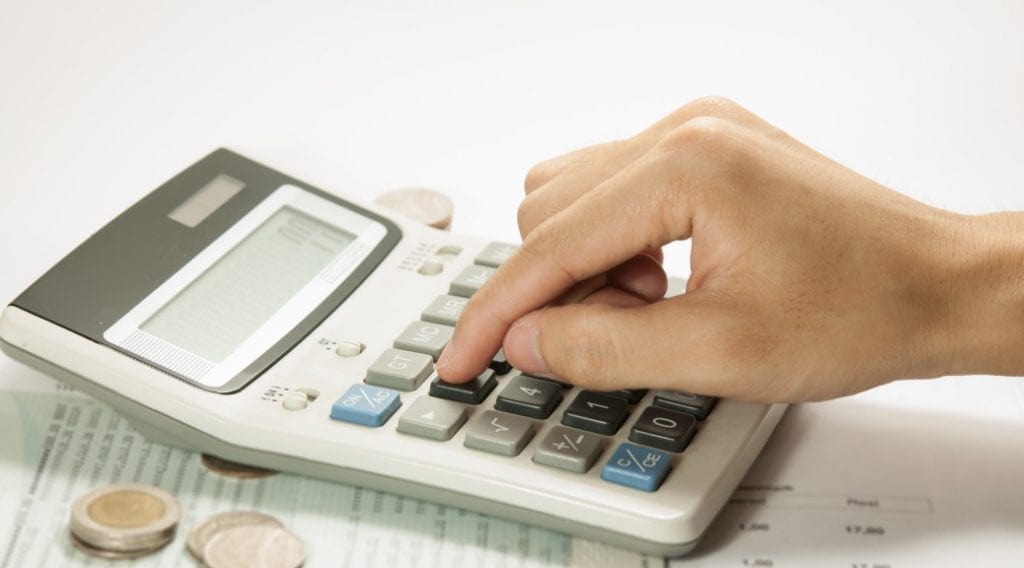- browse by category
- Audit Assistance
- Business and Taxes
- Celebrities in Tax Debt
- Cryptocurrency Taxes
- Economic News
- Foreign Banking
- Innocent Spouse
- IRS debt settlement
- IRS Headlines
- IRS Wage Garnishment
- Marriage & Divorce
- Payroll Tax
- Retirement
- Revenue Officers
- State Tax Headlines
- Stop IRS Debt
- Success Stories
- Tax and Politics
- Tax Attorney
- Tax Codes
- Tax Debt Help
- Tax Evasion
- Tax Levy
- Tax Lien
- Tax Payment Plans
- Tax Return Filing
- Tax Tips

One of the most important assets consumers have is their credit score. Our economy runs on credit. If you’re a business owner or investor, you know firsthand how important credit is. It can help you access loans and cash from financial institutions and savvy business people. That is why it’s important to avoid back tax debt, which harms your credit score.
You read right: if the debt you owe to the IRS is big enough, your credit score can be harmed, putting you and your business at a serious disadvantage when it comes to getting that handshake of approval from your local bank.
Keep Your Credit Score High By Paying Off Back Tax Debt
The IRS has recently become a little easier to work with when it comes to your back tax debt and the harm it has on your credit rating. It used to be the case that a lien would be made on your home if the total back tax debt was at $5,000. Now, the minimum tax total needed for an IRS tax lien to be waged on your home is $10,000. It’s certainly not “better” to have $10,000 in back tax debt as opposed to half that. But at least a lien can be avoided while the total back tax debt stands lower.
Back Tax Debt & Liens
Back tax debt harms your credit score by the IRS instituting a lien against your property or home. When that happens, the IRS files a Notice of Federal Tax Lien in court. That notice is a public document, and will be accessible to everyone out there – including the credit reporting agencies.
Who Reports Your Debt?
The IRS doesn’t report your back tax debt to the credit reporting agencies – that’s against the law. But, the credit reporting agencies will pick up on the liens filed in courts, and major damage will be done to your credit score. If a lien is filed against you by a state or the federal government, it’s best to get it removed as fast as possible. Liens have a big impact against your credit rating, comparable to a bankruptcy.
And if your tax total is big enough, you may have to file bankruptcy altogether. A bankruptcy harms your credit and stays on your credit report for ten years if filed as Chapter 7 bankruptcy, or for seven years if filed as a Chapter 13 bankruptcy. But if it turns into an IRS lien, it’s best to get the back IRS debt paid off ASAP. That can be done by pursuing an installment plan with the IRS. Installment plans aren’t reported by the IRS to the credit reporting agencies. Therefore, working with a tax professional to get one is a no-brainer.
Leave Comments

Top Tax
secrets revealed
Sign up for our newsletter and be the first to find out when exciting IRS news happens. Yes, exciting. We're really into taxes.


